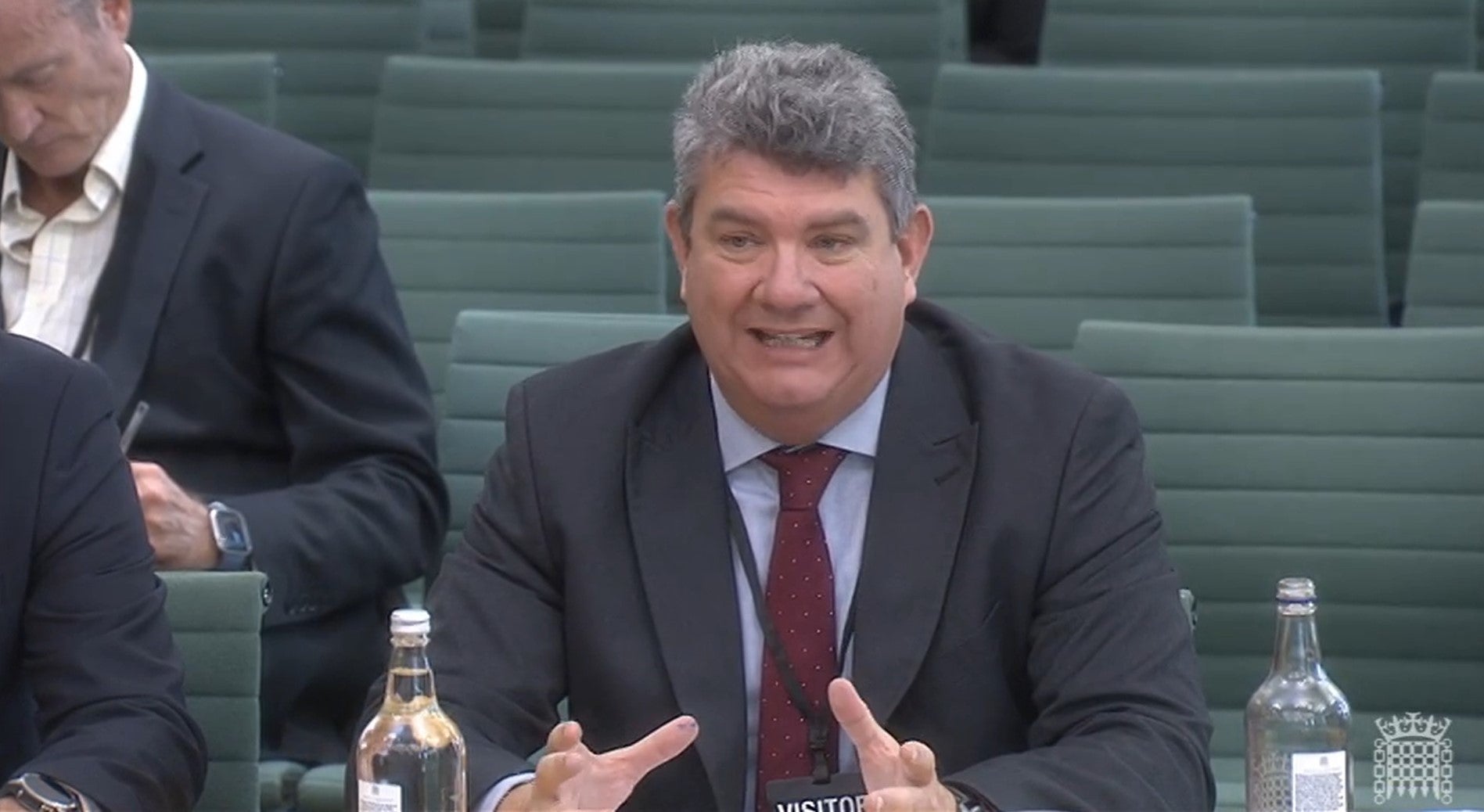Resolving an air traffic control (ATC) meltdown in August 2023 was made more difficult because of delays in verifying the password of an engineer allowed to work remotely, an inquiry has found.
More than 700,000 passengers suffered disruption when flights were grounded at UK airports on August 28 last year after ATC provider National Air Traffic Services (Nats) suffered a technical glitch while processing a flight plan.
An inquiry set up by regulator the Civil Aviation Authority (CAA) found that Nats rostered a Level 2 engineer to be on call rather than on site that day, despite it being one of the busiest of the year in terms of flight passenger numbers.
A more junior Level 1 engineer, who was on site at Nats’ headquarters in Swanwick, Hampshire, began checks as soon as automatic flight planning systems failed.
The Level 2 engineer was contacted 34 minutes later but their password login details “could not be readily verified due to the architecture of the system”, the report stated.
After exhausting remote intervention options, it was agreed they would attend the control centre but it took a further one-and-a-half hours for them to arrive, which was three hours and 15 minutes after the incident began.
Nats should consider rostering a Level 2 engineer on site during busy periods such as the summer, the inquiry found.
It acknowledged this would be a “significant” expense, but insisted it should be viewed in “the context” of the overall cost to the industry and passengers from the August 28 2023 failure, which it estimated at reaching up to £100 million.
The inquiry was led by Jeff Halliwell, who has served as a chief executive and non-executive director in roles across the private and public sector.
He said: “Our report sets out a number of recommendations aimed at improving Nats’ operations and, even more importantly, ways in which the aviation sector as a whole should work together more closely to ensure that, if something like this does ever happen again, passengers are better looked after.”
The report recommended that Nats should give earlier notice to airlines and airports of possible disruption.
Some aviation organisations said it took too long for them to be informed about the August 2023 failure, with several first hearing of it from media coverage.

Click Here to Read the Full Original Article at The Independent Travel…
